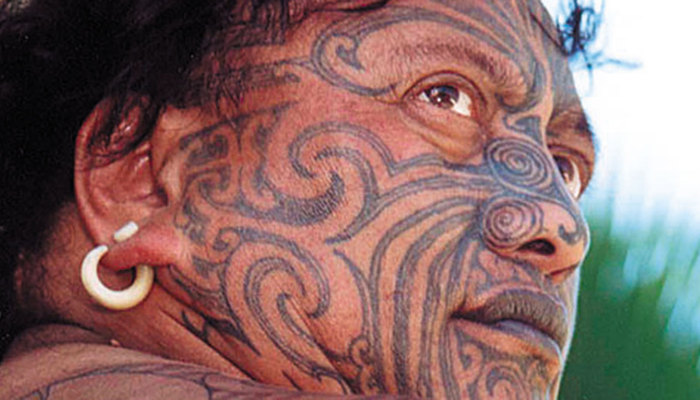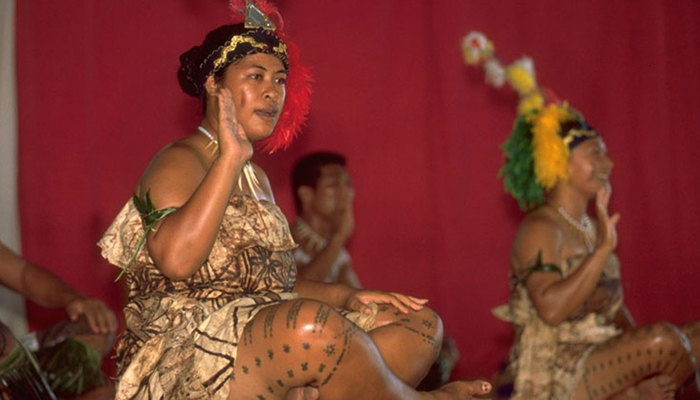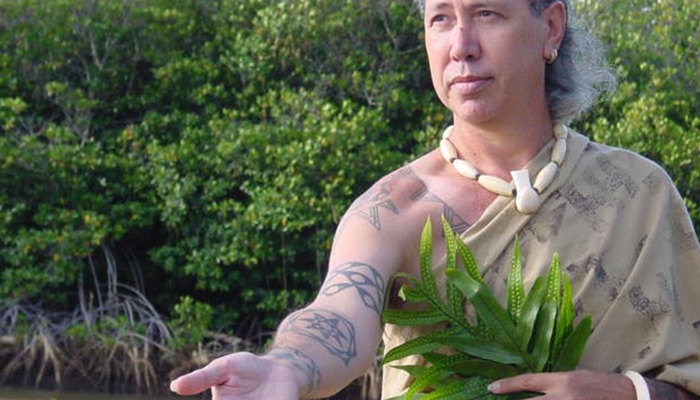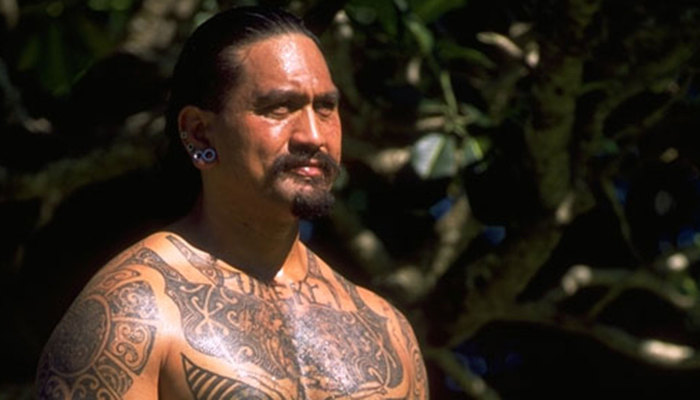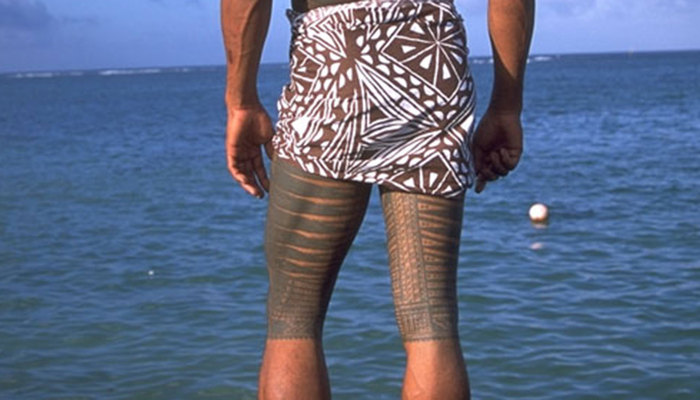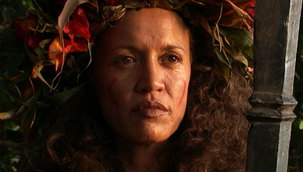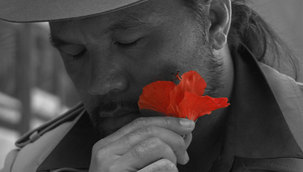
Skin Stories
Every tattoo tells a story.
- Filmmaker(s)
- Emiko Omori
- Category
- Full-Length Film
- Subject Matter
- Identity, Culture, Crime & Justice
- Featured In
- 2015 Deep Waters Pacific Film Series
- 25 in 25
- 25 in 25
- Region
- Polynesia
- Length
- 60 Minutes
- Year
- 2013
- Website
- www.pbs.org/skinstories/
The Samoan culture calls it tatau. The Maori people call it moko or puhoro. The Hawaiians refer to it as kakau or uhi. And many others know it as tattoo.
Many people do not understand the significance this art form holds in many cultures across the globe. For some people, the mark of the tattoo symbolizes their true essence, who they are and where they come from. For others, the tattoo is a symbol of rebirth, a symbol of beauty, and a mark of traditions, values, beliefs, and philosophies.
Skin Stories is an anthology of stories and stunning images gathered from the hot spots of Pacific tattoo: from the steaming landscape of Rotorua in New Zealand to the vibrant gathering of the first international tattoo convention in Apia, Samoa; from the terraced, lush taro fields of Maui to the golden beaches of O'ahu and California.
Emiko Omori has traveled the globe for more than 30 years as a cinematographer for many award-winning documentaries. Omori taught filmmaking in California and Hawai'i and was the San Francisco Bay Area's first Asian American female news cameraperson.
As Director and Co-Producer for Skin Stories, Omori was able to explore her personal interest in tattooing, which dates back to the 1970s. It was then that she received her first design illustrating the Japanese myth of a pearl-diver. The design took several years off and on to complete.
Omori has produced several nationally acclaimed documentaries including: Tattoo City, a documentary about the art of Japanese-style full body tattooing by artist D.E. Hardy; Hot Summer Winds, a drama based on two short stories by Nisei writer Hisaye Yamamoto that was showcased on American Playhouse; Rabbit in the Moon, a feature-length documentary that combines the internees' powerful stories with evocative images resulting in a film that is part documentary, part memoir and part essay. Rabbit in the Moon was broadcast on P.O.V. and received the Best Documentary Cinematography Award at the 1999 Sundance Film Festival and won an Emmy.
PBS's Skin Stories page
More About the Film
Keone Nunes, one of many featured artists in the film, highlights the traditional methods he implements as a Hawaiian tattoo artist. He shares, "The film presents a broad base of tattoo tradition throughout Polynesia, with a tie into contemporary culture. My hope is that, through this film, more people of Hawai'i and the Pacific will begin to support the traditional art of tattoo so that it will not be put in danger of being lost."
Nunes, who emphasizes both the responsibility that comes in receiving a tattoo as well as the responsibility of giving a tattoo, uses several factors to determine the type of design to give someone. In talking with the individual, he is able to get a sense of the person's character. He also looks at the individual's genealogy, as certain tattoo designs are associated with genealogy and blood lines. He adds, "My responsibility as a tattooist is to make sure everything I suggest is appropriate for the individual."
For the younger generations, Nunes says Skin Stories reveals the purpose behind tattooing and hopes this will change or affect their perspective on the art. "It is important for young people, especially Hawaiians, to look upon tattoo as more than just a fad or their own personal desire, but to look at how it relates to their culture, their family, themselves, and the impact tattoo has on each of those aspects. It is the responsibility they have when receiving a tattoo."
In looking at the art of tattoo within the other cultures featured in the film, Nunes says, "I have a deep respect for these cultures and their traditional tattoo art forms. Many of the Polynesian cultures still utilize the traditional tools and traditional mentality in applying the art."
A traditionalist himself, Nunes says there's a way to take traditional perspectives and apply them to contemporary life without compromising the traditional foundation of tattoo. "People in Hawai'i must realize that the design and protocol of Hawaiian tattoo is based in a culture that has, in essence, utilized these marks for hundreds of thousands of years." Nunes hopes the film will show people around the globe that Hawai'i still has a very active and strong tattoo tradition.
Skin Stories provides an up-close and truly personal look at tattoo within the Samoan, Maori, Tongan, Hawaiian, and American cultures. Nunes adds, "There is very little opportunity to look at things from their own perspectives. In this film, everyone tells their own story. No one has to tell it for them."

